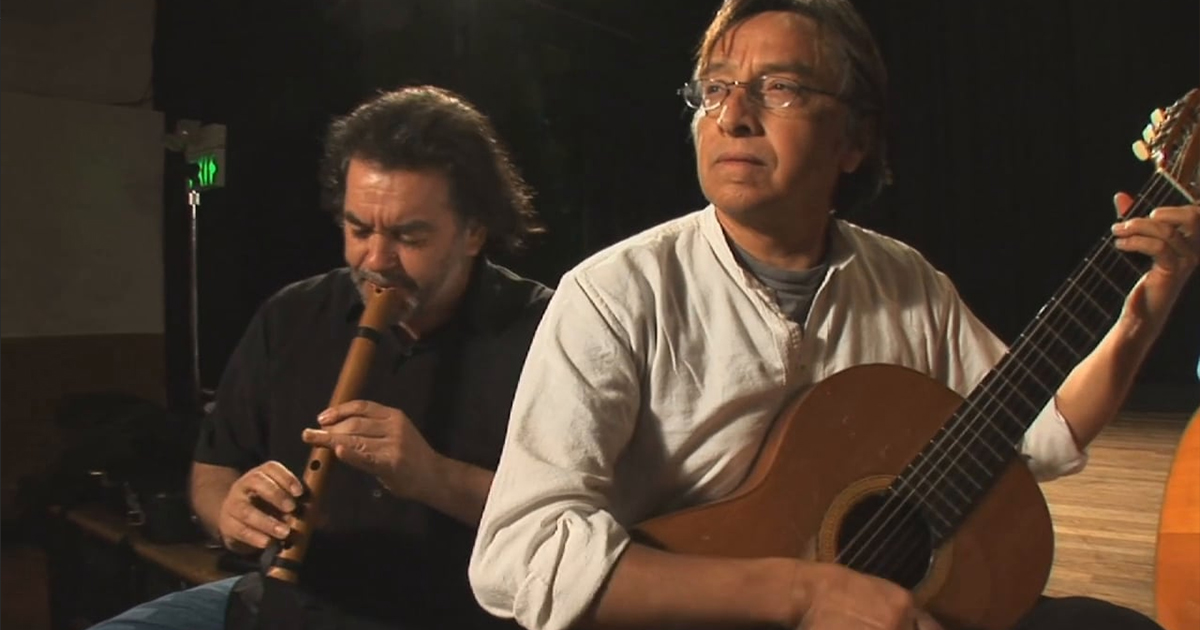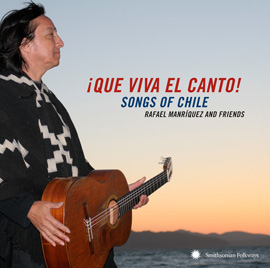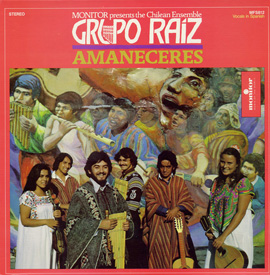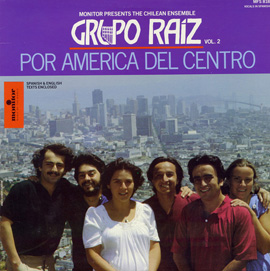Tribute to Rafael Manríquez (1947-2013)

Video: Activist-musicians Rafael Manríquez, Quique Cruz, and Hector Salgado formed Grupo Raíz to affirm and introduce Chilean nueva canción to the USA's California Bay Area and beyond. As musicians who honed their poetic and musical talents at peñas (or "café concerts") of their native Chile, they established La Peña, a community arts center in Berkeley, California. The goals of the group were twofold: to make known the music and culture of the Latin American people, and to give support through their music to the resistance movement in Chile and to liberation movements in Latin America and throughout the world.
With a heavy heart, Smithsonian Folkways laments the passing of Rafael Manríquez, beloved Smithsonian Folkways artist, guitarist, singer-songwriter, social activist, and champion of Chilean folk music. Born in Santiago, Chile, in 1947, Manríquez took up the guitar at age 15 and followed his passion for nueva canción, the musical movement that combined rural, urban, indigenous, mestizo, and pan-Latin American sounds with a commitment toward social change. Manríquez worked as a music journalist during one of the most momentous times in Chilean music history. As a reporter for the music magazine El Musiquero (1970-1973), he interviewed, reviewed, and wrote about key figures such as Víctor Jara, Inti-Illimani, Quilapayún, and Violeta Parra. It was the time of socialist president Salvador Allende, and performances by foreign artists from like-minded movements such as Cuba’s Silvio Rodríguez and Pablo Milanés were commonplace at musical events supported by the Allende regime.
Then came the fateful day of 11 September 1973, when the commander-in-chief of the Chilean army, Augusto Pinochet, led a coup d’état, overthrowing Allende and his government. Repression of leftist parties and ideologies followed, with thousands of people tortured and killed. Rafael chose self-exile, first to Ecuador, then to Berkeley, California, where he lived most of the rest of his life. He was a longtime fixture at La Peña Cultural Center in Berkeley, where he taught guitar and Latin American folk music. By 1980, he and several others had formed Grupo Raíz, following the model of Chilean nueva canción groups. Grupo Raíz toured Europe, as well as North, Central, and South America, releasing three long-play recordings during their most active period, from 1980 to 1985. Two of these, Amaneceres (Daybreak, 1981) and América del Centro (The Center of America, 1984), were published on the Monitor label, which later became part of the Smithsonian Folkways collection. For Smithsonian Folkways, Rafael Manríquez produced and recorded ¡Que Viva el Canto! Songs of Chile (2008).
All of us at Smithsonian Folkways join Rafael Manríquez’s family, friends, and musical admirers in mourning the loss of a beloved compañero, accomplished musician, and true artist in the fullest sense of the word.
Daniel Sheehy is director and curator of Smithsonian Folkways Recordings.




